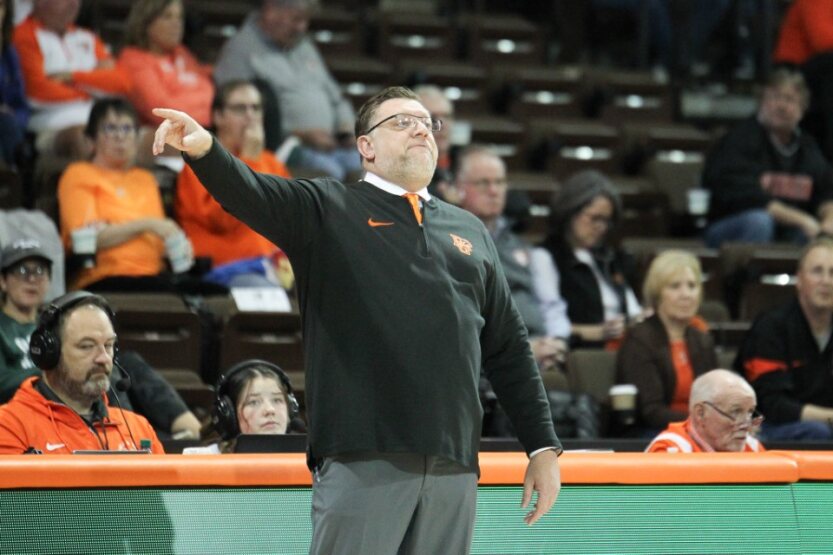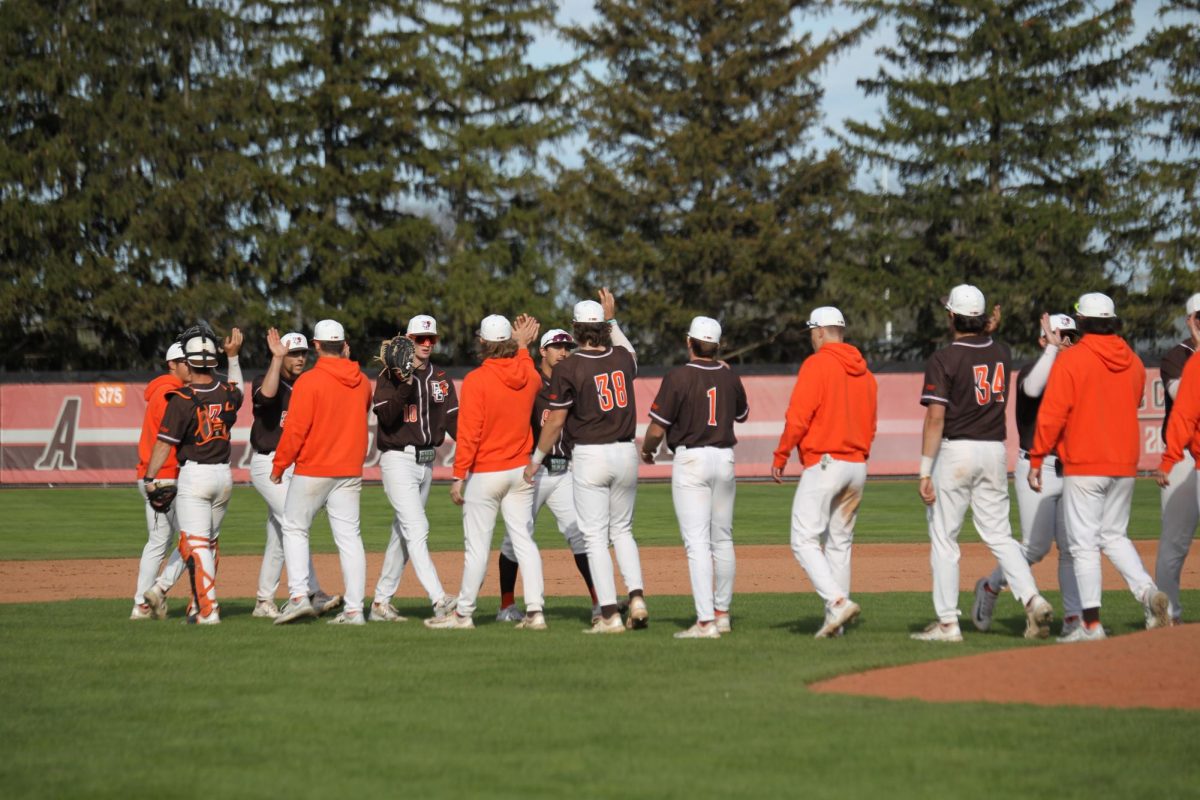Society should focus less on tearing down monuments and more on building new ones to broaden the historical context. Revamping history to include a more comprehensive idea of the contributions made by diverse populations appeases historians by preserving the past and respect marginalized groups by indiscriminately acknowledging significance of any kind.
Currently, contention and polarization of views surrounding the removal and banishment of Confederate flags, statues and memorials envelops the media and society as a whole. This national issue has threads in every local community, including ours. Roswell Ripley, a native of Worthington, Ohio became famous as a hero to the Confederacy, and his historical marker used to stand outside of the Ripley house, located on High Street in Worthington. Roswell Ripley’s historical marker was removed by the owners of the house in order to promote respect and prevent potential conflict in the community.
In response to the idea of the historical marker being disrespectful, I wonder if most historical events are not offensive in some manner. These markers represent people who had serious flaws, sometimes becoming infamous for their mistakes, but were historically significant anyway; therefore, merit exists in learning about them. Without an opportunity to learn about history through these markers, people will have a shallow understanding of human history. History is not PG, and it is important that we understand we can identify ourselves in the flaws of these historical figures. Was the Civil War horrible? A more apt question would be, was it war? By its nature, war is horrendous. Although the Union did have the moral high ground, atrocities were committed by both sides simply because it was war.
This truth having been established, the more appropriate question would be, does the despicable nature of these acts detract from their historical significance? I would argue not. Looking at William Tecumseh Sherman’s march to the sea, Sherman being an instrumental general in enabling the North to win the war, my stomach turns, especially reading about the transgressions propagated by him. Read the following from an Oct. 7, 1864, report to Gen. Grant from Gen. Sheridan.
“I have destroyed over 2,000 barns filled with wheat, hay and farming implements; over 70 mills filled with flour and wheat, and have driven in front of the Army over 4,000 head of stock and have killed and issued to the troops not less than 3,000 sheep. Tomorrow I will continue the destruction down to Fisher’s Mill. When this is completed, the Valley from Winchester to Staunton, 92 miles, will have but little in it for man or beast.”
The highly effective war tactic was to starve, kill, pillage and rape as many southern towns as possible in order to demoralize the Confederacy. Did it work? Yes. Is it despicable? Absolutely. Did I jump at the chance to read first-hand accounts of Sherman’s march to the sea when I visited the Library of Congress last summer? Heck yes. Even though I am deeply offended by this event, I value learning about it. Also, I am aware of what will happen the next time the United States chooses to engage in a war. Starving, killing, pillaging and raping will ensue from both sides. I now am exposed to the cost of war through looking to the past.
Similarly, when I wrote a report about Roswell Ripley, I had to learn about the Confederacy’s acts. I became aware of the horrors of slavery and learned never to condone anything akin to sharecropping or indentured servitude, which exists in force across the world.
The way my love for history piqued every time I drove past Roswell Ripley’s historical marker did not indicate an acceptance of slavery on my part, and if anyone has this misconception, I would be just as appalled. Rather, this historically significant house is next to La Chatelaine, the restaurant where my friend, Megan’s, bridal shower was held. It’s a real and tangible piece of history. At the heart of historic Worthington, Roswell Ripley’s home was the subject of my curiosity and conduit for my learning.
My argument for the marker’s importance having been made, I do understand extracting the marker because of its potential to cause a public disturbance. The political turmoil surrounding Confederate icons provides a potential danger for both the peacefulness of Worthington as a whole and the current residents of the home. However, we are not talking about Confederate flags, which have been acting as rallying points for white supremacy. Flying these flags has reached a point where the negative connotation outweighs any historical value, inciting riots. Rather, we’re talking about Roswell Ripley – a man whose marker has not incited anything in the last 152 years but elementary students’ groans as they are forced to write biographies about his significance. If quaint old Worthington becomes a Charlottesville resulting from this two foot plaque stuck in the ground, then, by all means, take the thing down.
History is not dull and PG, but rife with betrayal, murder and oppression. In other words, the past represents the worst parts of humanity. However, because the past reflects tendencies of humanity, historical markers provide learning opportunities. Even in my own learning, Ripley broke up my steady diet of Disney with the harshness of reality. Worthington should focus on its historical roles in the Underground Railroad and as the origin of union soldiers, thereby maintaining and expanding upon history as a conduit for learning. This ensures the same mistakes are never repeated.
















